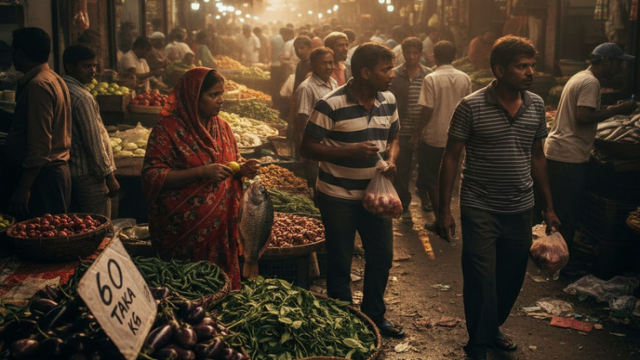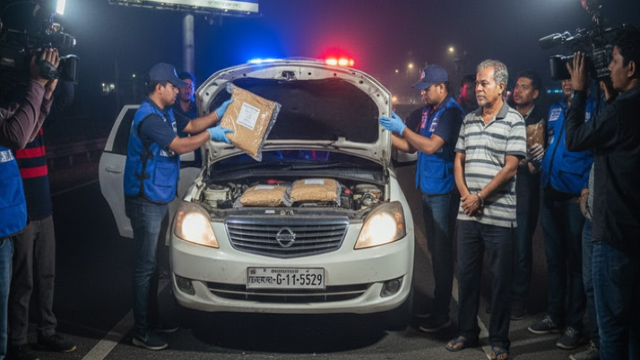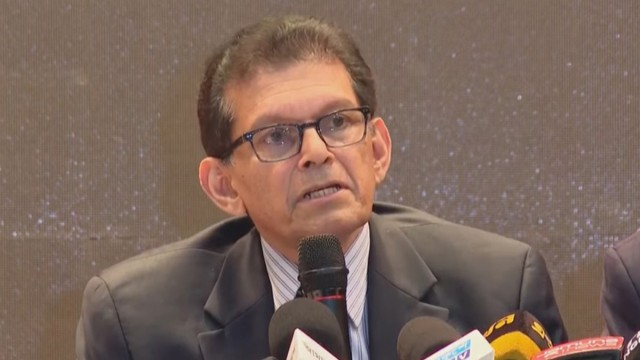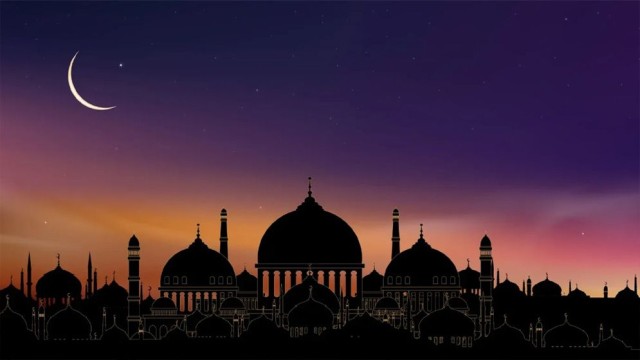This morning, Dhaka was ranked third on the list of cities worldwide with the worst air quality, registering an AQI (Air Quality Index) of 181 at 10:58 am. The city's air quality was classified as 'unhealthy' according to the AQI scale.
The top spots on this list were occupied by Nepal’s Kathmandu and India’s Delhi, with AQI scores of 257 and 238, respectively. The AQI scale categorizes air quality as 'unhealthy for sensitive groups' (101-150), 'unhealthy' (151-200), 'very unhealthy' (201-300), and 'hazardous' (301+), posing serious health risks to residents.
The AQI serves as an index for reporting daily air quality, informing people about the cleanliness or pollution levels of the air and potential health effects associated with it. In Bangladesh, the AQI is based on five pollutants: particulate matter (PM10 and PM2.5), NO2, CO, SO2, and ozone.
Dhaka has long grappled with air pollution issues, typically experiencing unhealthy air quality during winter and improvement during the monsoon season.
According to the World Health Organization (WHO), air pollution causes approximately seven million deaths worldwide annually, mainly due to increased mortality from stroke, heart disease, chronic obstructive pulmonary disease (COPD), lung cancer, and acute respiratory infections.































Comment: